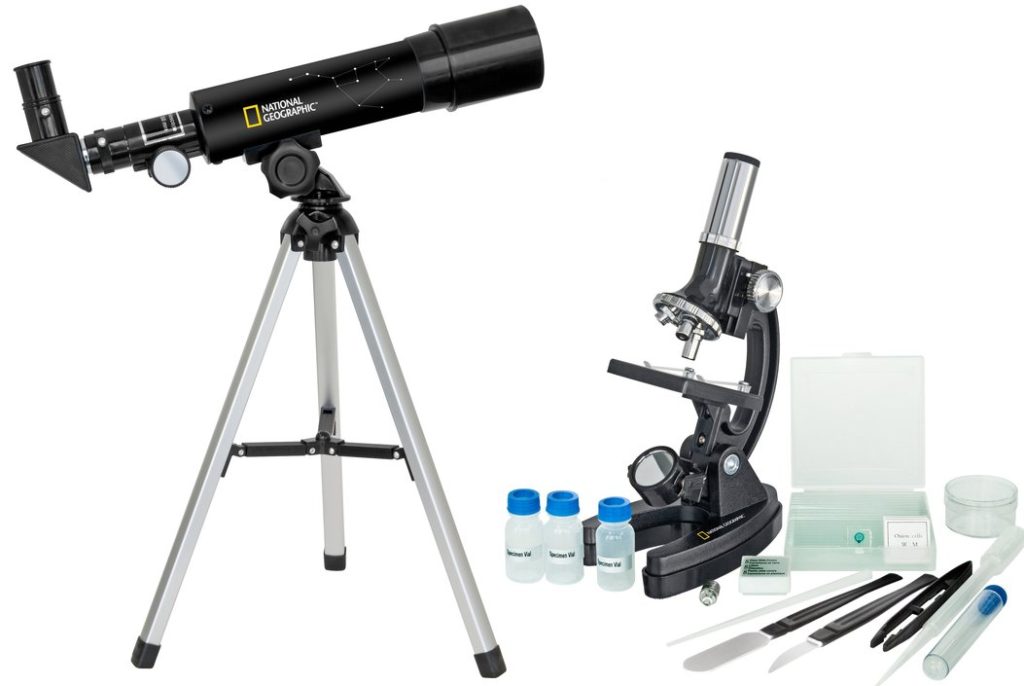 Matthew’s Question to Madison: What are you learning about giving feedback to people?
Matthew’s Question to Madison: What are you learning about giving feedback to people?
I give really great feedback.
In my head.
Or maybe that’s just criticism?
Hmm.
But seriously.
Depending on the context, feedback and I could simply be acquaintances, but in other areas we’re best buds. For example, when it comes to church events and kid’s programs, I will freely, openly, honestly, and graciously provide feedback since those are contexts that I know well. I trust my experiences and gained knowledge which allow me to confidently express my thoughts.
On the other side, when it comes to character feedback, I’m often more hesitant. Maybe it’s because there are so many factors that contribute to one’s behaviour that I don’t want to jump to conclusions; or maybe it’s because I know that I have flaws and don’t want to hypocritically approach someone about theirs.
Yet I know that I value other people’s feedback in my life, whether work or character related, that I realize its importance in our lives.
From having positive feedback given to me, and learning how to provide feedback to others, here are a few things I’ve learned / am learning:
- Be specific.
For a while, I thought giving feedback from an airplane’s view was helpful and compassionate, expecting the receiver to see the tiny moving target thousands of feet below them. Why they didn’t carry binoculars, I’ll never know! Now I’ve realized that landing the plane is best. When I need to give feedback to someone, I’m sure to tell them about the specific thing that I’ve noticed could be improved, and give them a new direction to aim.
2) Be immediate.
This one has been a huge learning for me lately, and my dad has pushed me in this – and modelled it well. I’ve always been hesitant to give honest feedback (except with those closest to me!) because I want to process every angle of the situation in case I missed a critical viewpoint. By the time my analysis finishes, it’s typically too late to even approach the topic. And that only leaves me frustrated. I’m learning that when there’s an area where I need to say something, there are ways to respectfully give feedback while also giving space for them to fill in the gaps that I’m may not have been aware of. This allows open and honest communication right from the start.
3) Focus on your perception of the behaviour, not the identity.
If someone walked into my office and started pointing fingers at me and claiming I needed to improve, I would internalize the belief that that person was attacking my core identity. That wouldn’t be healthy or helpful for me – or anybody who receives feedback that way. Instead, it’s best to start with “I noticed” or “I felt” since no one can argue your perspective on the situation. And if it remains specific, the receiver can more easily enter into a posture of improvement rather than believing they are useless.
4) When unsure, use wise counsel
I have had many interesting friendship moments where I’ve gone to my parents or mentors to ask for advice as to how to approach a certain conversation. At work, I often use a co-worker to bounce thoughts off of as to what to say and how to say something to someone. Wise counsel is … well … wise. They bring different experiences and perspectives that can help round out the picture, as well as help phrase things respectfully and clearly.
I will say writing these points was as much a reminder for me as I continue to learn the art form of giving feedback. When I’m in doubt, I will now just start with asking questions to probe deeper and see if what I’m seeing is actually something to address or not. I had a moment a few weeks ago where I was concerned with a friend’s relationship choice. There were factors I wasn’t aware of for sure, but I also couldn’t leave the wrestling inside me, so I simply started asking her questions and probing deeper to see if my concerns were legitimate. Through our conversation, I discovered that some of my concerns were right, but others were not, so I could back down on those thoughts.
This is an area of leadership that only gets easier with experience, so as I keep encountering situations where feedback is required, I will keep diving in and seeing what more I can learn.

